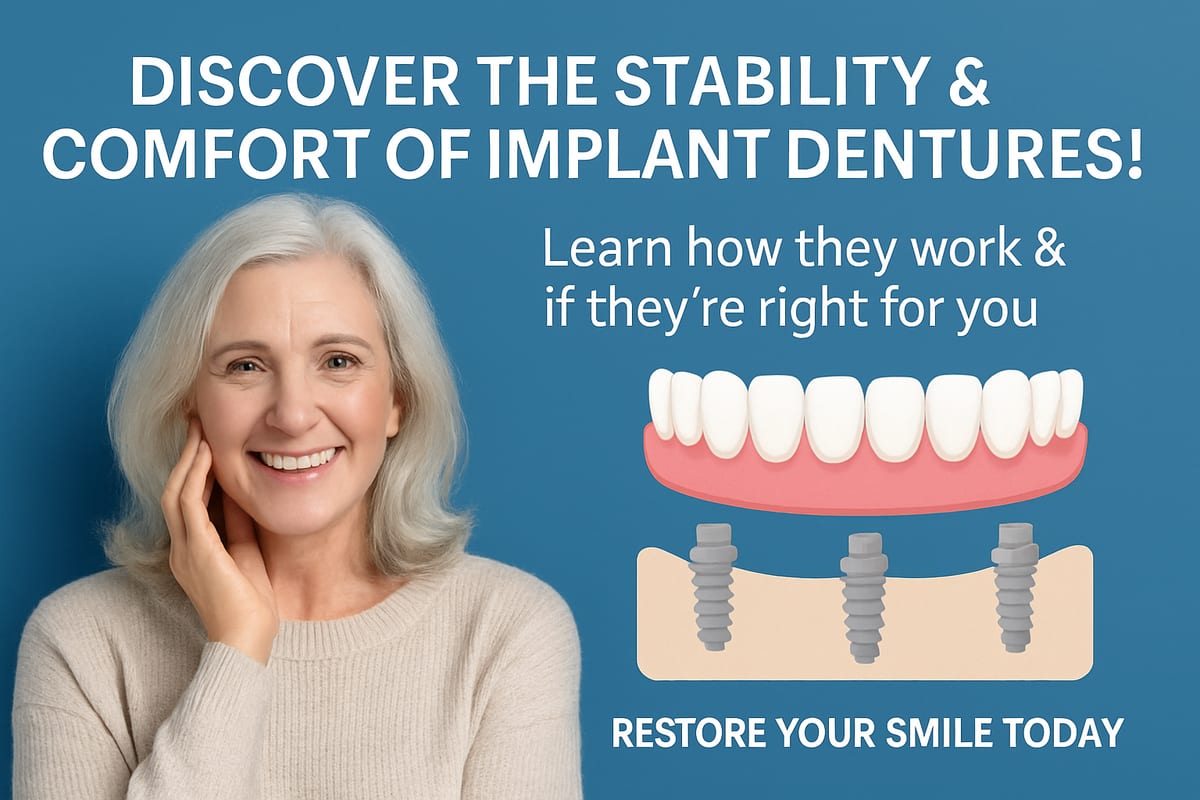If you’re wondering can you replace a tooth, the short answer is yes. This post explains common replacement options, the pros and cons of each, typical costs and recovery times, and how to decide which path is right for you. Read on for clear next steps and questions to ask your dentist.
Can you replace a tooth? A short, plain answer
Yes — missing teeth can be replaced. Replacing a tooth helps you chew better, speak clearly, and prevents neighboring teeth from shifting. It also helps slow bone loss in the jaw that happens when roots are missing. Immediate replacement is often recommended after trauma or when a front tooth is lost for appearance and function. If there’s infection or severe tissue damage, your dentist may want to treat and heal the area first before placing a permanent restoration.
Common tooth replacement options
Dental implant
A dental implant is a titanium post placed in the jaw and topped with a crown; it’s the closest match to a natural tooth in feel and function, though it usually takes longer to finish and costs more. For people missing multiple teeth, implant dentures (full or partial arches anchored to implants) offer much greater stability than removable dentures.
Fixed dental bridge
A fixed bridge uses crowns on the teeth next to the gap to hold a false tooth in place; it’s faster than an implant and doesn’t require surgery, but it means altering healthy adjacent teeth.
Removable partial denture
A removable partial denture clips onto nearby teeth and replaces one or more teeth; it’s lower cost and quick to get, but it’s less stable and needs regular care and adjustments.
Resin-bonded (Maryland) bridge
A resin-bonded bridge uses a false tooth bonded to the back of adjacent teeth with minimal prep; it’s best for front teeth and has limits on strength and longevity.
What affects which option is best for you
Bone quantity and quality matter: implants need enough healthy bone. If bone is low, grafting may be required before implant surgery.
The number and location of missing teeth change the plan — single crowns, bridges, implant dentures, or partials each fit different situations.
Your overall health and healing ability affect implant success; conditions like uncontrolled diabetes or heavy smoking can raise risks.
Budget and insurance coverage play a big role. Some options cost less up front but need more maintenance over time.
Aesthetic needs and the timeline you want also matter — if you need a quick cosmetic fix, a bridge or temporary denture may be chosen while planning longer implant work.
Cost, timeline, and recovery expectations
Dental implant
Typical cost range: about $2,000–$6,000 for a single implant and crown; full-arch implant dentures can range much higher depending on the number of implants and materials. Timeline: often several months from placement to final crown because bone needs to heal and integrate; grafts add time. Recovery: expect swelling and mild discomfort for a few days, short downtime, and simple home care; long-term care is like a natural tooth with regular brushing and checkups.
Bridge
Typical cost/time: commonly $1,000–$3,000 and completed in a few weeks. Recovery: minimal, with short-lived sensitivity. Maintenance: clean carefully under the pontic (false tooth) to avoid decay of supporting teeth.
Partial denture
Typical cost: lower than implants, often a few hundred to a couple thousand dollars. Timeline: fast — days to a few weeks. Recovery and maintenance: regular adjustments may be needed, and the device must be removed and cleaned daily.
Check warranties, financing options, and what your insurance will cover before deciding. Many offices offer payment plans for implants and implant dentures.
How to choose: tests to expect and questions to ask your dentist
- Diagnostics you may get: digital X-rays, clinical exam, and a CBCT (3D) scan if implants are being considered.
- Other checks: bite evaluation, gum health assessment, and medical history review.
- Key questions to ask: How long will this restoration last? What are the risks and complications? Will I need bone grafting? How will this affect adjacent teeth? What are the total costs including follow-ups? Do you offer financing?
Looking for help replacing a tooth?
A consultation can review your options, show before-and-after images, and create a personalized plan — including implant dentures if you need more stability for multiple missing teeth. Call or book an exam to get a clear estimate and a second opinion on the best way to restore your smile.





